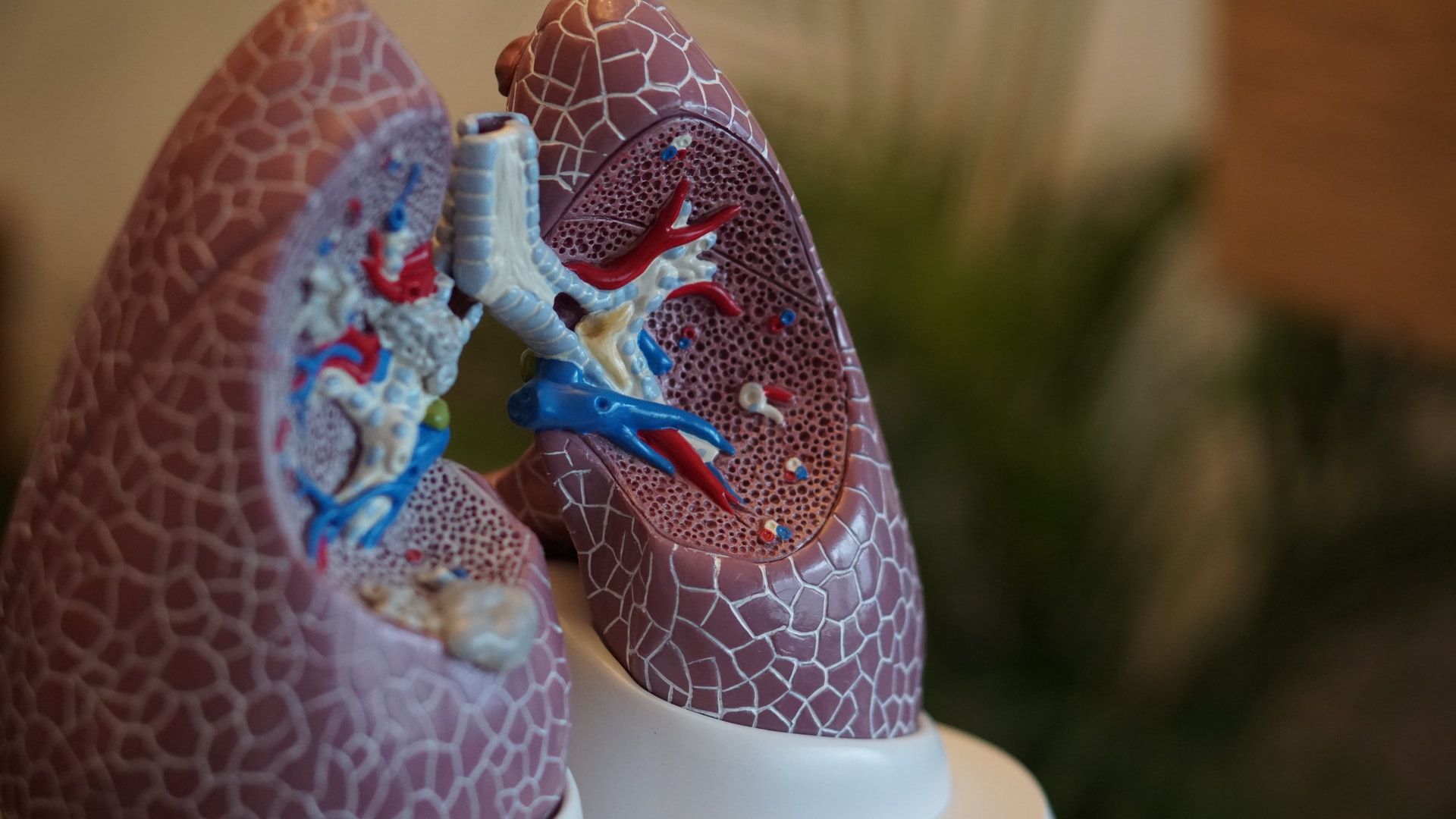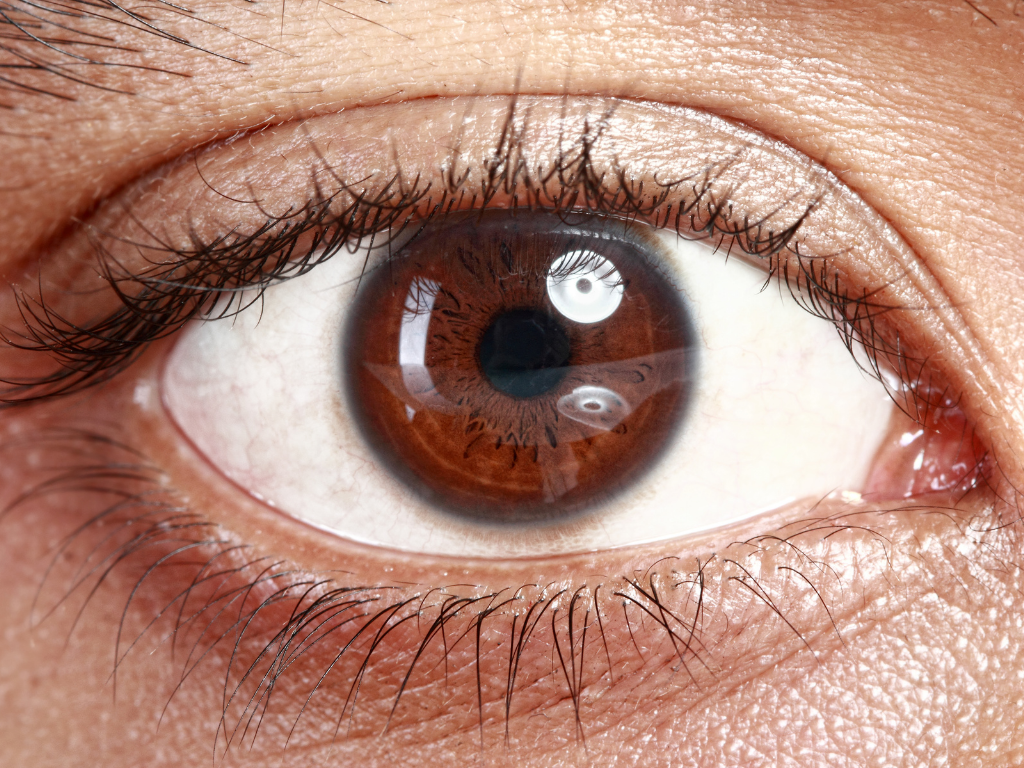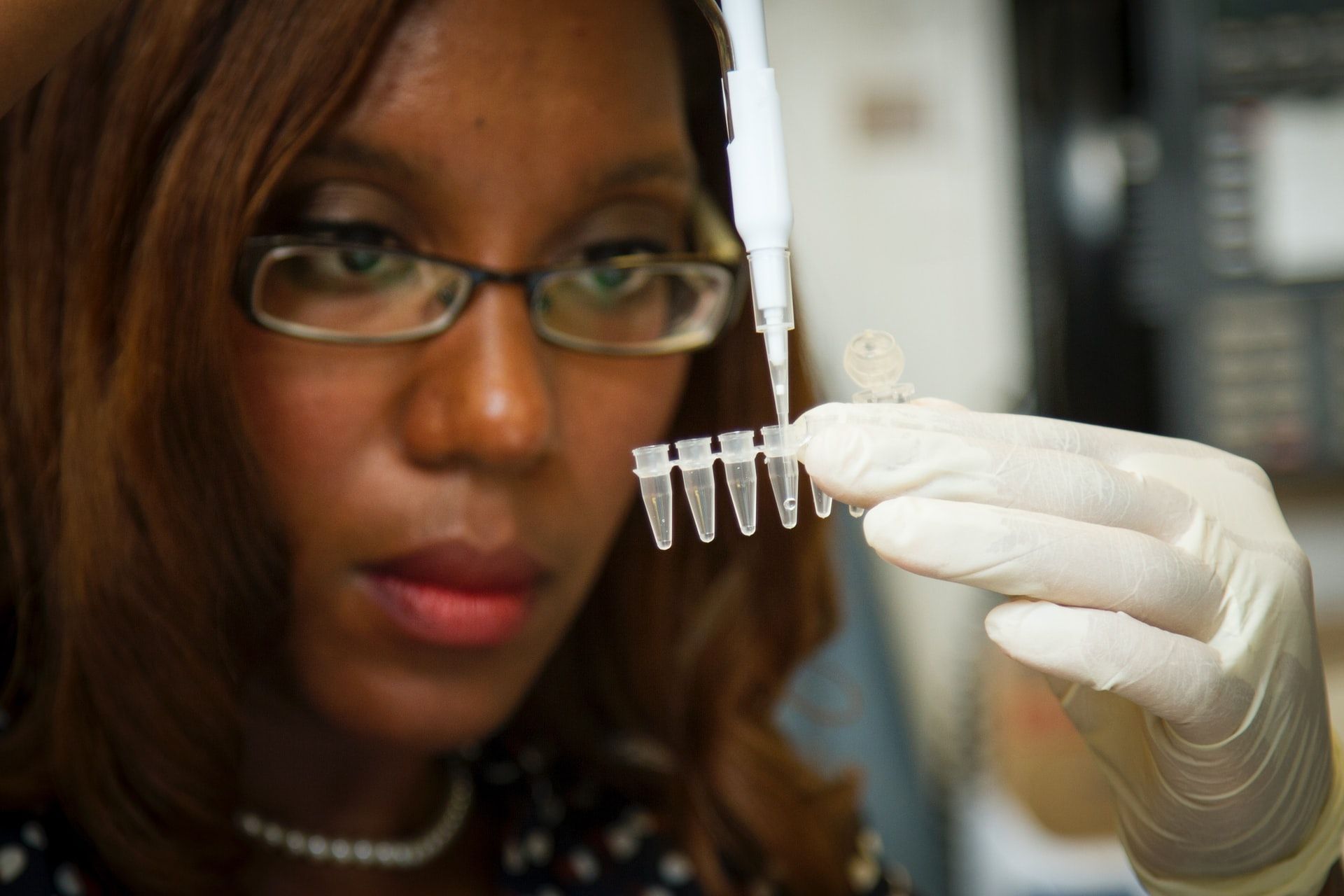Beneath our skin—and including our skin, our body's biggest organ—lies a wonderfully complex system of organs, bones, soft tissues, receptors, and blood vessels, every cell of which serves a function. Human biology is staggeringly complex and yet it tells the story of how we function. So, if you want to understand yourself better, irrespective of where you're at in your education, this guide to the 15 human biology basics everyone should know will get you there!
(If you are studying biology in school or college, check out our Biology 101 flashcards. We created this collection of NGSS-compliant smart flashcards to help you master those crucial biology concepts as fast and painlessly as humanly possible, helping you crush that next test or exam!)
Let's go!
15 Basic human biology facts

1. The human body has 12 systems
The human body's 12 systems work together to ensure that we stay alive, healthy, and thrive:
- The cardiovascular (or circulatory) system transports blood, oxygen, and nutrients throughout the body.
- The digestive system takes in and processes food, and expels waste.
- The endocrine system produces hormones that regulate metabolism, growth and development, tissue function, sexual reproduction, sleep, and mood.
- The immune system fights infection caused by pathogens, like bacteria and viruses.
- The integumentary system is the set of organs forming the outermost layer of your body, in other words: your skin! And it protects your soft and squishy interior from damage by external dirt, pathogens, and trauma.
- The lymphatic system is part of the immune system and complementary to the circulatory system. It keeps body fluid levels in balance and defends against infections.
- The muscular system facilitates movements of our bodies, from reaching for the remote control to smashing out an intense workout in the boxing ring.
- The nervous system, which consists of your brain, the spinal cord, and all the nerves throughout your body, controls movement, balance, the five senses, thought processes, and awareness.
- The reproductive system—*insert opening riff to Marvin Gaye's Let's get it on—allows us to uhh make babies.
- The respiratory system facilitates breathing; more specifically, the intake of oxygen and expulsion of carbon dioxide.
- The skeletal system provides a strong and durable framework upon which all your meat hangs, while helping to protect your delicate internal organs.
- The urinary system expels waste and extra water that the body doesn't need.
So, now you're acquainted with the human body's 12 dominant systems. Of course, each system performs a complex array of tasks, oftentimes in tandem/co-operation with other systems, but now you've got the basic picture.
P.S. Check out Brainscape's certified flashcards for AP Biology, which cover the core scientific principles, theories, and processes that govern living organisms and biological systems. This comprehensive collection has been compiled using top textbooks, test banks, tutors, and practice exams to help students like you score a perfect 5 on the AP Biology exam!
2. There are four blood groups: A, B, AB, and O
Your lettered blood type is determined by which antibodies are in your plasma and which antigens are present in your red blood cells. (Antibodies are blood proteins, while antigens activate an immune response and control what enters and exits a cell.)
Additionally, each blood group can be either positive or negative, resulting in eight possible blood types. The +/- part of a person’s blood type is determined by the presence (or absence) of a third antigen called the Rh factor.
Interestingly, our bodies will tolerate blood that is absent in a certain antigen we already have, but it will not tolerate the introduction of a new antigen (i.e. one it does not recognize). This is why people with AB+ blood are considered universal recipients: because they have already every antigen in their blood.
(And would you believe it but this girl is AB+! #winning)
3. Our DNA is stored in 23 pairs of chromosomes within the nucleus of every cell in our body

Every cell in your body, from your hair follicles to your toenails—has a full set of chromosomes, which contains all the genetic material needed to determine the makeup of our entire bodies. That’s why animals can be cloned using just one cell.
In other words, if you were a dinosaur and a mosquito feasted upon your blood, and then became trapped and preserved in amber for a millennia, and then a crazy scientist extracted that blood ... you could be cloned and turned into an amusement park attraction that ends badly for everyone.
(Yes, I've watched Jurassic Park way too many times.)
4. Our immune system fights off infection mostly through the use of antibodies and microphages
Upon detecting a pathogen, microphages (or white blood cells) will surround and immobilize it, literally consuming it with their bodies. Antibodies, on the other hand, are the high-powered weaponry made by white blood cells to destroy the invaders ... like a S.W.A.T. team. Between the two, the body is able to fight off infection and prevent the spread of disease.
And that's the immune system in a nutshell!
[Nerd out on even more fun biology facts in Brainscape's Academy guide '5 Critical biological discoveries from the last 25 years']
5. There are more non-human cells in our body than human ones
Okay, so this one is a little unsettling. Did you know that there are ten times more bacteria cells in our bodies than our own human cells? Of course, most of these bacteria are, if not perfectly harmless, fairly essential to our health, helping us to perform key bodily functions.
Even our DNA isn’t all "human" in origin! Human DNA includes the genes from at least eight retroviruses that were absorbed into our own genetic code at some point. The viral genes in our DNA now perform important functions, especially related to reproduction. Creepy.
6. We have many more senses than just FIVE

You know about touch, taste, hearing, vision, and smell. But these aren't the only senses our body possesses, and NO I'm not talking about clairvoyance (I see dead people). Our bodies are able to detect all kinds of sensations beyond the five primary ones you were taught in school, for example:
- Balance: Essentially your brain's perception of which way is up.
- Temperature: Or, if we're to get real nerdy, thermoreception is your body's sensation and perception of hot and cold.
- Proprioception: Spatial body awareness. What's that? Close your eyes and touch your nose. That's what proprioception is.
- Pain: Staple your figure to your desk. That's what pain is. Just kidding. ⚠️Don't do that.⚠️
Each of these senses is associated with its own organ (taste with the tongue, smell with the nose) or sensory receptor (the skin contains separate touch, temperature, and pain receptors).
7. Our appendix does actually still have a purpose
We have long thought that the appendix was a remnant of our evolution: an organ that once served a purpose, but now doesn't do anything other than getting acutely infected, requiring emergency surgery. What a useless little bugger.
However, research has revealed that the appendix actually does serve a purpose: it's a clubhouse for good bacteria! Here, the natural bacteria that hang out in your gut, helping you to digest food, can take a spa day to rest, relax, and make more bacteria. And the purpose of this is that if you ever get a bad case of "the squirts", the appendix will replenish your gut bacteria.
What if you've already had yours removed? No worries! People seem to be perfectly fine without it.
8. Nearsightedness and farsightedness are caused by defects in the shape of our eyeballs
If you can't see near or far objects, your eyeballs are shaped weird, which, while an expensive problem to have, makes you special (just like everybody else who has to wear eyeglasses).
Nearsightedness, or myopia, is caused by a greater curve in the cornea of the eye, or by an elongation of the eyeball. Farsightedness, or hyperopia, is caused by a corneal curve that is too small, or by having a short eyeball.

9. Vaccines safely help the body to recognize and fight off infections later in life
Vaccinations are a life-saving tool we use to protect our bodies against all manner of deadly (yet preventable) diseases, such as polio, hepatitis B, pneumococcal disease, rotavirus infection, measles, diphtheria, etc. Not only do we give our babies and children once-off vaccines (or vaccine series) when they're young, but we also go in for annual or seasonal vaccines to protect ourselves from pathogens like influenza viruses and the schmuck that shut the world down SARS-CoV-2.
So ... how do vaccines work?
Well, there are many different kinds of vaccines but, in the case of those we are most recently familiar with—COVID-19 vaccines—they either work by:
- Teaching our cells how to make a protein that will trigger an immune response, as is the case with Pfizer's and Moderna's Messenger RNA vaccines;
- The introduction of disabled adenovirus particles, tells the immune system to dust off its boxing gloves (Johnson & Johnson and Astra-Zeneca).
By injecting the body with MRNA or dead virus cells, we activate an immune system response to a virus without actually getting sick.
So then why can some vaccines make us feel like crap and give us fever?
That, my friend, is your immune system at work! And isn't it a beautiful thing? Once the vaccine's message has been received, your immune system begins rapidly producing antibodies, which can make you feel tired and achy. Sometimes, you can even get feverish, which is your body's way of fighting bugs: literally by turning up the heat. This cooks the little bastards before they can do any (more) damage.
10. We still aren’t 100% sure why people yawn
(Try not to yawn while reading this.)
Many scientists today think that yawning is a way to keep our brains alert in times of stress or fatigue, but exactly why that happens or what the yawn does to help our body isn’t 100% clear. Some think it's to oxygenate the brain (through the sudden, deep inhale of breath) or to reboot and re-engage.
In the animal kingdom, yawning can also be a sign of aggression—particularly amongst apes and monkeys. But with humans, it's usually just because we feel tired. So, if your date is yawning excessively, you might try to change the conversation, suggest a walk outside, or fire up Tinder again.
11. The red color of our blood is caused by the shape of the structure created when iron and oxygen bond with hemoglobin
Some people assume that blood is red because of all the iron in it, kind of like why rust is red. But it's a little more complex than that. The red color of blood is created because the iron in your hemoglobin is bound in a ring of atoms called porphyrin. This structure has a shape that makes the blood appear red. When oxygen binds to the porphyrin ring, it changes the shape, making our red blood cells appear an even more vivid shade of red.
Does this make sense? Not at all. But now you know that blood is red due to the shape of iron in your hemoglobin, and NOT because your blood is rusty.
12. The brain works harder while we are asleep than when we are awake

Many people assume that sleep helps the brain rest, but our brains are actually busier while we're sleeping! When we sleep and dream, our brains carry out important functions they cannot while focusing on movement and conscious thought. They also process things we learned and emotions we felt during our waking hours, filing them away in our memories. That’s why sleep is so important to learning.
So, the next time you're tempted to forgo sleep for studying, remember that sleep is essential for learning and remembering! Read: 'The relationship between dreaming, learning, and memory.'
13. The liver has over 500 functions
All the blood leaving the stomach and intestines passes through the liver, where it is processed, broken down, and balanced so that it can be returned to the body fresh and clean. The liver also stores important nutrients and glucose (for energy), metabolizes drugs, synthesizes proteins, and aids in metabolism and detoxification. In other words, our liver is one busy, busy organ!
Think about that the next time you hit up Tequila Tuesday.
14. Sunburn can permanently damage your skin's blood vessels
A moderate sunburn can do long-term damage to the blood vessels in your skin, making it more difficult for the affected areas to heal and stay healthy. It can actually take four to fifteen months for these capillaries and small arteries and veins to return to a normal condition.
15. All body parts can repair themselves (except teeth)
Innate human biology allows us to repair ourselves pretty easily for the most part. Muscle and skin heal, bones can knit back together, and tendons can repair: all of our body parts can heal and regenerate on their own—except teeth. Since dental enamel is not living tissue, it cannot regenerate, even if the injury goes deep enough to damage the living part of the tooth. That’s why a chipped tooth today will be a chipped tooth in 10 years time.
Dig deeper into human biology

So, there you have 15 extraordinary human biology facts you can use to impress (or gross-out) your next date. Understanding it not only gives you the academic foundation you need to enter a career in medicine or science, but it also helps you interpret and take better care of your body.
And remember that the most effective way to learn biology at any level is via the spaced repetition of facts, which is exactly what Brainscape's web and mobile flashcards are engineered to leverage!
